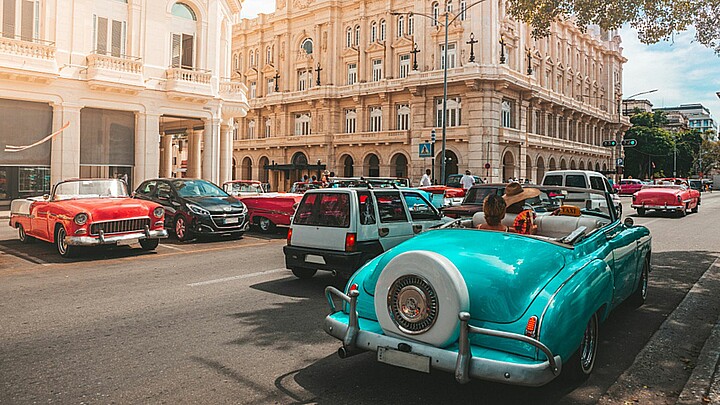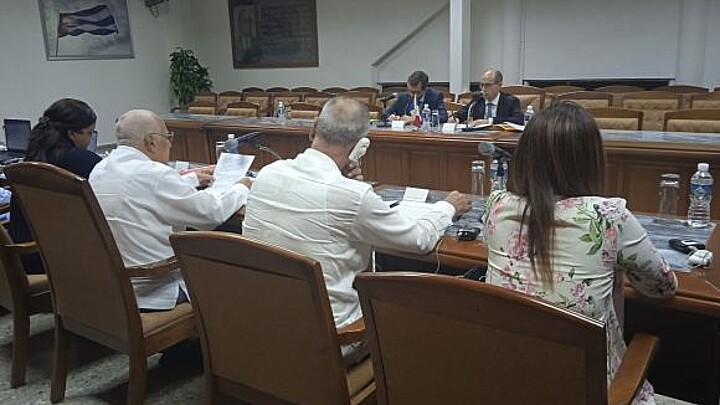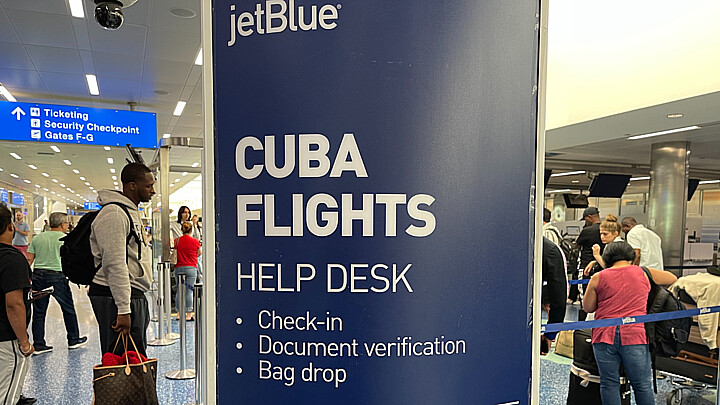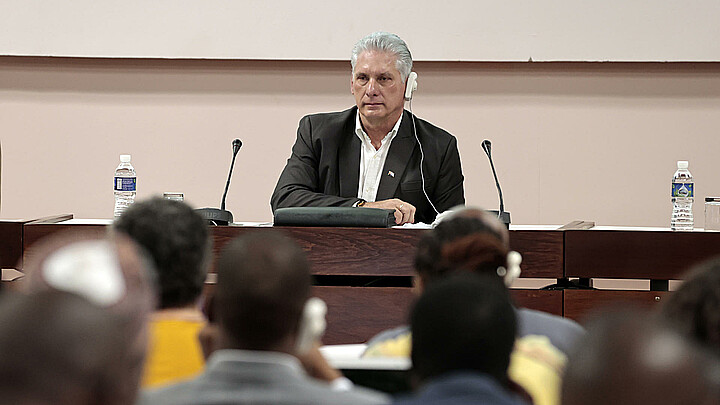Business
Venezuela reduces Cuba fuel shipments, regime in trouble
The South American country cut shipments from nearly 44,000 barrels per day in 2020 to 22,000 in the first quarter of this year
April 6, 2022 4:07pm
Updated: April 7, 2022 3:05pm
Cuba is struggling to cover a fuel deficit as Venezuela's imports remain below historical levels, reported Reuters on April 5, cited by Infobae.
The island, which depends on fuel imports from its ally, faces shortages of diesel and gasoline, causing long lines in front of gas stations. A short supply of oil imports is another obstacle for the economy, which is struggling to recover after the coronavirus pandemic.
Venezuelan President Nicolas Maduro has given Cuba more than 32,000 barrels per day of crude oil since 2019, defying U.S. sanctions on both countries. However, fuel volumes given to Cuba have fallen as Caracas struggles to produce refined products to meet its own needs.
Cuba imported about 70,000 barrels per day in the first quarter of the year, below the 100,000 it usually requires to meet regular demand, Refinitiv Eikon tanker tracking data showed.
More than three-quarters came from Venezuela, whose shipments fell from nearly 44,000 in 2020 to 22,000 per day in the first quarter of this year, according to internal PDVSA data and documents.
Before the pandemic, Cuba's fuel demand reached 137,000 barrels per day of fuel oil, diesel, gasoline, cooking gas, and other refined products, Cuba's National Statistics Office reported.
Although the island is consuming about 110,000 barrels this year, it still needs imports to compensate for insufficient domestic production, said Jorge Piñón, director of the Latin American and Caribbean Energy and Environment Program at the University of Texas at Austin.
"Cuban refineries are not 100% operational. The Havana refinery, the only facility with a catalytic cracker, is operating at around 70% of its capacity, while the Cienfuegos refinery sporadically runs 10,000 bpd runs, and Santiago is not in service," Piñón explained.
The Havana regime's minister of energy and mines, Liván Arronte, said that Cuba, which remains under a U.S. embargo that limits free trade with the country, is paying freight rates and other costs 20% higher than importers bringing in fuel by the same routes.










